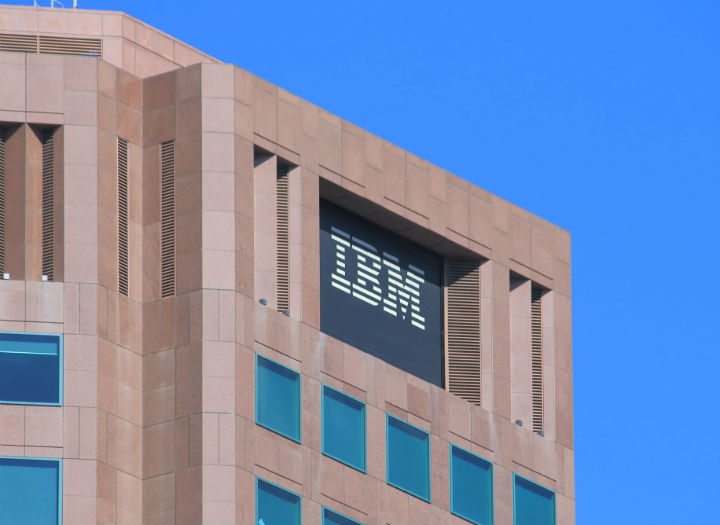AI as technology and productivity lynchpin for hybrid cloud deployment.
IBM CEO Arvind Krishna says technology can help mitigate inflation. He sees the development of hybrid cloud and artificial intelligence (AI) in the nexus of technological productivity and the next wave of development.
“We have inflation, we have demographic change because we don’t have enough people. We have geopolitical instability, you combine all this, ”said Krishna Six Five SummitA virtual event presented by Futurum Research and Moore Insights & Strategy.
Krishna, a self-taught engineer, draws on the history of the semiconductor industry as a perspective.
“If you draw a graph of semiconductor productivity – imagine how many transistors a dollar buys you – and you draw a global GDP. [Gross Domestic Product]The curve looks almost identical. “
Krishna claims that causation is undeniable: productivity is driven by technology. Human capital cannot be measured at the same rate as the cloud, he said.
Overcoming these limitations, Krishna firmly believes that the next wave of technology-driven productivity is based on two emerging technologies: the hybrid cloud and AI.
As a practical example, Krishna points to the role of AI in cyber security. He described IBM’s recent experience providing technology for the Masters Tournament Golf Championship.
“A four-day sporting event, with 40 million attacks in these four days. IBM used a fraction of what security analysts needed before, thanks to AI, ”he said. “Technology is getting rid of inflation, just to make it a common thing.”
Non-stop, instantaneous, zero-touch network automation is seen as the key to the ultimate success of any solution that relies on navigating the increasingly complex hybrid cloud landscape. Here. Krishna says AI will play an important role.
“Everyone wants to use more than one public cloud,” says Krishna “People are still going to use on-premise. People are going to think [data] Sovereignty people want flexibility of installation, and they want speed and they want value. “
He needs AI to do all the processing, he said.
“We generate two and a half quintile bytes of data every day,” he said. “After that, 18 zeros with two and a half. We don’t know of any other technology that can digest and process so much data without AI. “
In February, IBM announced a hybrid cloud partnership with enterprise software firm SAP. Businesses want to help enterprise customers move their enterprise resource planning (ERP) operations to the cloud. SAP has designated IBM as a “premium provider” of its RISE with SAP services.
IBM’s hybrid cloud strategy has been the cornerstone of the company’s business endeavors since the acquisition of Red Hat in 2018. In 2021, IBM discontinued its GTS-operated services business to become Kyndryl.
In 2020 IBM announced IBM Cloud for Telecommunications, a hybrid cloud service built on an open architecture. IBM Cloud for Telecommunications includes IBM Cloud Satellite and Red Hat OpenShift to provide flexible cloud-based services and integrates IBM’s Edge Application Manager and Telco Network Cloud Manager.













